Opening Plenary Speaker
 Bruno Basso, Ph.D.
Bruno Basso, Ph.D.
John A. Hannah Distinguished Professor of Earth and Environmental Sciences, Michigan State University
Talk Title: "Digital Agriculture to Design Sustainable and Resilient Agricultural Systems"
Bruno Basso is an agronomist and crop systems modeler. His research deals with the long-term sustainability, Digital Agriculture, Circular Bioeconomy, and resilience of agricultural systems. He focuses on assessing and modeling spatial and temporal variability of crop yield, soil organic carbon, GHG emission, water, and nutrients fluxes across agricultural landscapes under current and future climates. He holds global patents on AI, remote sensing, and crop model systems to evaluate land productivity and environmental sustainability.
He is the cofounder and chief scientist of CIBO Technologies, a start-up operating in the space of regenerative agriculture. He is a Fellow of the American Association for the Advancement of Science (AAAS); Soil Science Society of America (SSSA); American Society of Agronomy (ASA). Bruno received his Ph.D. from Michigan State University.
Closing Plenary Speaker
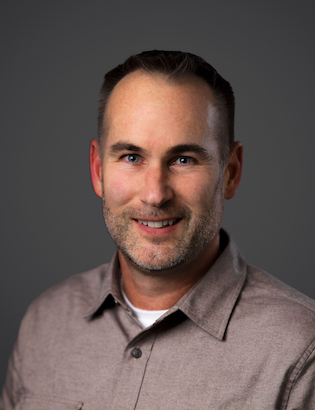
Tom Eickhoff
Chief Science Officer, Climate LLC and Digital Farming at Bayer Crop Science
Talk Title: "Digital Tools for Prescriptive Agriculture"
As Chief Science Officer, Tom leads the Science organization at Climate LLC and Digital Farming at Bayer Crop Science, where he drives the company's research and development efforts in data science, modeling, sensing, and field research. The capabilities developed within the Science organization enable operational insights backed by the integration of vast amounts of real field data into Climate models.
Most recently, as the Senior Director of Science Implementation at Climate LLC, Tom led the testing and application of Climate Science in our global field operations and with our customers, in order to ensure successful execution of Science research. Tom brings to his role more than 14 years of strategic leadership at Bayer in the development and implementation of research and technology deployment that directly benefits farmers.
Tom holds a BS in Agronomy, and a Masters and Ph.D in Entomology from the University of Nebraska.
Keynote Speakers
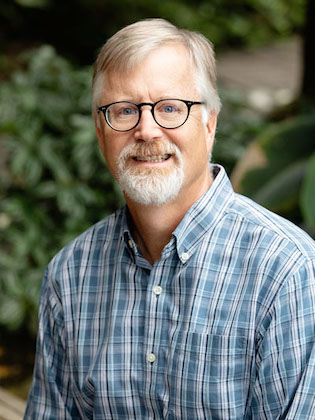
Brian Diers
Charles Adlai Ewing Endowed Chair of Soybean Genetics and Breeding in the Department of Crop Sciences at the University of Illinois
Talk Title: "Progress in controlling soybean cyst nematode through genetic resistance"
In his role as Professor, Brian currently teaches plant breeding and conducts research on soybean breeding and genetics. His research focuses on improving disease and pest resistance, seed quality, and yield potential of soybean. His breeding program is developing nonGMO varieties for commodity and specialty markets with an emphasis on developing varieties with high oleic acid and low linolenic acid oil.
He is a fellow of the Crop Science Society of America, the American Society of Agronomy, and the American Association for the Advancement of Science.
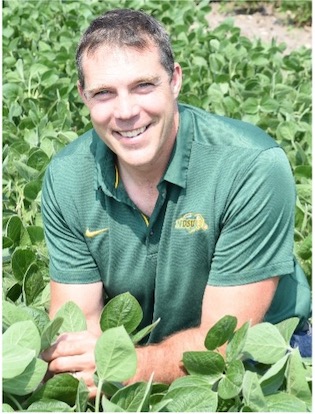
Sam Markell
Professor and Extension Plant Pathologist, North Dakota State University
Talk Title: "The SCN Coalition: Advancing Nematode Management with a Public-Private Partnership"
The focus of Sam’s research and Extension program is to develop and deliver disease management tools and information to soybean, sunflower, canola, flax, dry edible bean and pulse crop growers. His program emphasizes the mentorship of graduate students and young professionals who will help meet the needs of tomorrows agriculture. Since 2015, Sam has co-led the SCN Coalition, a public-private partnership awareness campaign whose objective is to reduce economic loss suffered to soybean cyst nematode.
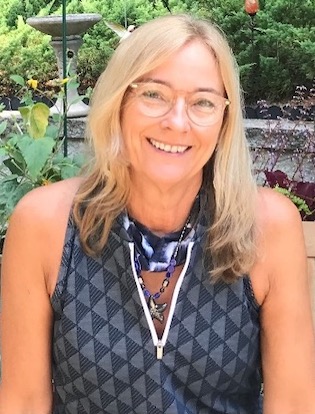
Julia Daum
Nematologist and Senior Program Leader in Trait Research BASF Corp, RTP, North Carolina
Talk Title: A Transgenic Approach for the Enhancement of Nematode Resistance in Soybeans
A key focus area for BASF Trait Research is to discover and evaluate novel traits for their potential to protect crops and improve yield. In her role as the Program Leader for Nematode Control, Julia led the BASF research team that identified a novel Cry14 protein with efficacy against nematodes. The team then confirmed that the Cry14 trait provides excellent control of Soybean Cyst Nematode (SCN) in soybean field studies and is currently developing the trait into the first GM solution for nematode control.
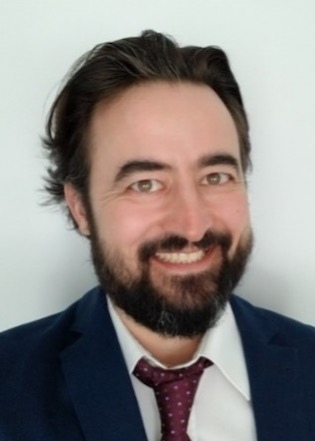
Benjamin Mimee
Nematologist, Agriculture and Agri-Food Canada
Talk Title: SCN Genomics, Applications and Future Perspectives
Benjamin Mimee is a research scientist in Nematology at Agriculture and Agri-Food Canada. His research focuses on the development of integrated pest management systems for plant-parasitic nematodes and a better understanding of plant-nematode interactions. He is particularly interested in elucidating the mechanisms of virulence in resistance-breaking populations of cyst nematodes and developing genomics-based tools for their control.
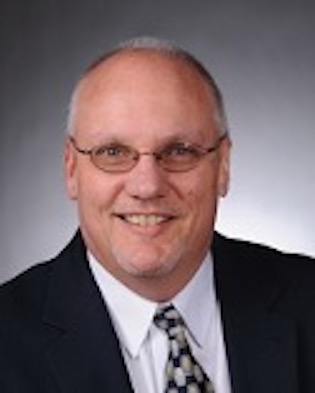
Greg Tylka
Morrill Professor, Department of Plant Pathology and Microbiology, Iowa State University
Talk Title: Challenges in Advancing Soybean Nematode Management: Opportunities to Grow
Greg Tylka earned B.S. and M.S. degrees in biology from California University of Pennsylvania and a Ph.D. degree in plant pathology from the University of Georgia. Tylka joined the Iowa State University faculty in February 1990. He currently holds the title of Morrill Professor at Iowa State and has research and extension responsibilities that focus almost exclusively on the biology and management of the soybean cyst nematode. He also is the founding director of the Iowa Soybean Research Center.
Invited Speakers
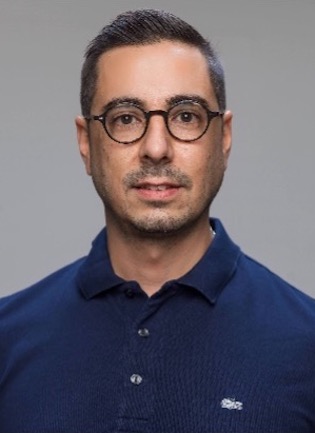
Horacio Lopez-Nicora
Assistant Professor, Department of Plant Pathology, The Ohio State University
Talk Title: A Multidisciplinary Approach to Manage the Simultaneous Threat of Soybean Cyst Nematode and Other Pathogens in the Field
Horacio is a plant pathologist, nematologist, and applied statistician committed to improving and better protecting soybean health. His research is driven by the intertwined goals of ensuring food stability and helping growers manage diseases that affect yield. Ultimately, he would like to develop integrated plant health strategies for growers by uncovering novel insights into the interactions, ecophysiology, and population biology of soybean pathogens. He has more than a decade of experience working with soybean cyst nematode and other soilborne pathogens that threaten soybean production.
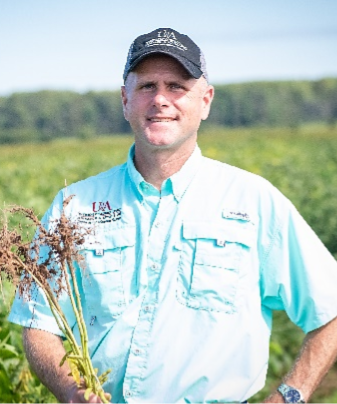
Travis Faske
Professor and Extension Plant Pathologist, University of Arkansas System, Division of Agriculture
Talk Title: Impact and Management Challenges of the Southern Root-Knot Nematode
Travis’ applied research and Extension program aims to develop and extend disease management solutions against fungal diseases and plant-parasitic nematodes in a variety of row crops: corn, cotton, soybean, and peanut. In nematology, his program annually evaluates early maturity, soybean cultivars that are marketed as resistance and advanced genotypes against the southern root-knot nematodes in the field. Additionally, his program evaluates the biological response of plant-parasitic nematodes to nematicides and the impact of seed- and soil-applied nematicides in corn, cotton, and soybean.
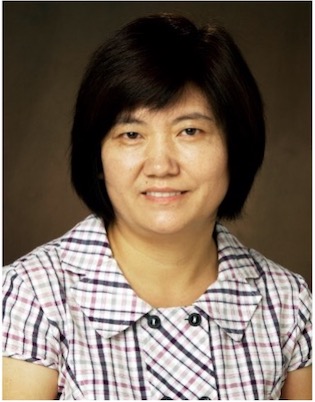
Guiping Yan
Associate Professor, Department of Plant Pathology, North Dakota State University
Talk Title: Recent Advancements in Molecular Detection and Quantification of Soybean Cyst and Root-lesion Nematodes
Guiping’s research focuses on detection, biology and management of soybean cyst nematode and other plant-parasitic nematodes that negatively affect production of field crops such as soybean, potato, corn, dry bean, field pea, wheat, and sugarbeet. Her intensive field surveys led to the first discovery of ten new species occurring in North Dakota and Minnesota, including two new root-lesion nematode species impacting soybeans. Her team develops molecular assays for identifying nematode species to improve detection efficiency and capacity, which is important for management of nematode diseases. She teaches a graduate course on Plant Nematology and has supervised nine M.S. and Ph.D. students as the major supervisor.
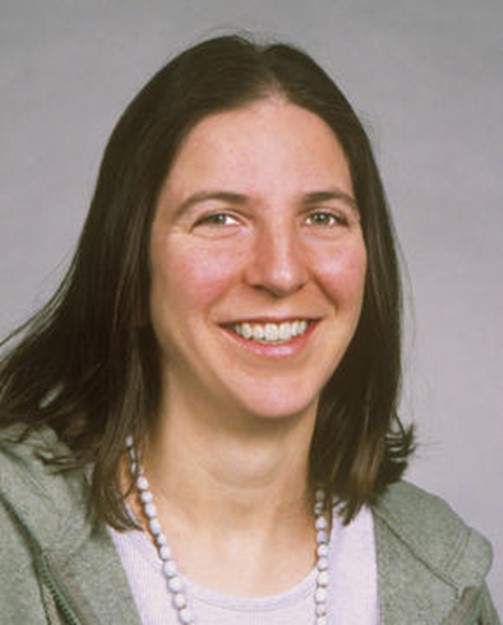
Kathryn Bushley
Research Molecular Biologist and Curator of ARSEF, USDA-ARS
Talk Title: Nematode Parasitic Fungi for Biological Control of Soybean Cyst Nematode
Kathryn Bushley is a fungal biologist whose research focuses on harnessing fungal pathogens of nematodes and insects for biological control of agricultural pests. As an assistant professor at University of Minnesota, Dr. Bushley’s laboratory isolated and screened hundreds of fungi for activity against the SCN and characterized the ecological dynamics of nematode parasitic fungi in response to different crop rotation schemes. Dr. Bushley currently leads the USDA-ARS entomopathogenic fungal collection (ARSEF), which includes over 14,000 fungal parasites of both nematodes and insects. Her research focuses on characterizing the genomic and metabolic diversity of these fungi and developing nematotode parasitic fungi as viable biocontrol agents or sources of biopesticides for control of SCN.
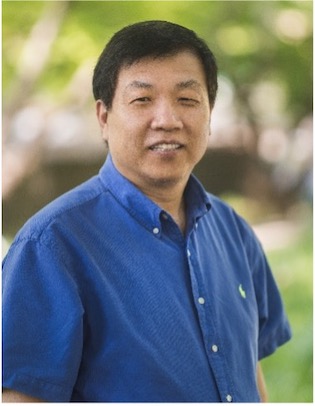
Zenglu Li
Professor, Georgia Seed Development Professorship in Soybean Breeding and Genetics in the Department of Crop and Soil Sciences at the University of Georgia
Talk Title: Underground Battle: Breeding for Multiple Nematode Resistance in Soybean
Zenglu Li earned his Ph.D. degree in Plant Breeding and Genetics from University of Illinois at Urbana-Champaign and obtained his postdoctoral training from the University of Georgia. He worked as a Research Scientist in molecular breeding at DuPont Pioneer for six years and then as a Corn Genotyping Lead and Soybean Discovery Breeding Lead at Monsanto from 2006 to 2012. During his time at Monsanto, Li was the recipient of two Above & Beyond Awards and one Research Innovation Award. Li joined the University of Georgia faculty in 2012. His research focuses on the development of improved soybean cultivars by integrating classical breeding with genomic technology, trait/QTL/gene discovery, and molecular breeding. He has published over 80 peer-reviewed papers and received the D.W. Brooks Award for Excellence in Research from the University of Georgia in 2021.

Anne MacGuidwin
Professor of Plant Pathology, University of Wisconsin-Madison
Talk Title: Prevalence and Impact of Root Lesion Nematodes in Soybean
Ann MacGuidwin has studied the biology, ecology, and management of root lesion nematodes for nearly four decades. Her research ranges from focused experiments under controlled conditions to studies of native populations in the field. The broad host range of root lesion nematodes has provided opportunity for Ann to work with many crops and commodity groups. She also studies the soybean cyst nematode and participates in a nematode testing program that has served Wisconsin soybean producers for 25 years.
Invited Virtual Speakers
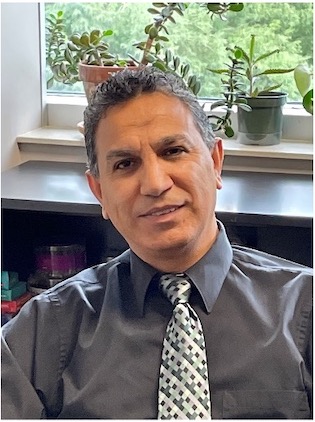
Tarek Hewezi
Professor of Plant Molecular Biology, Department of Plant Sciences, University of Tennessee
Talk Title: A New Epigenetic-Based Approach for the Discovery of Major SCN Resistance Genes
Tarek’s research focuses on deciphering the mechanisms of action of cyst and root-knot nematode effectors and their impacts on plant growth and development. His laboratory is also interested in understanding the epigenetic regulation of plant response to parasitic nematodes in soybean, Arabidopsis, and tomato by combining molecular biology with cell biology, biochemistry, genetic and genomic approaches.
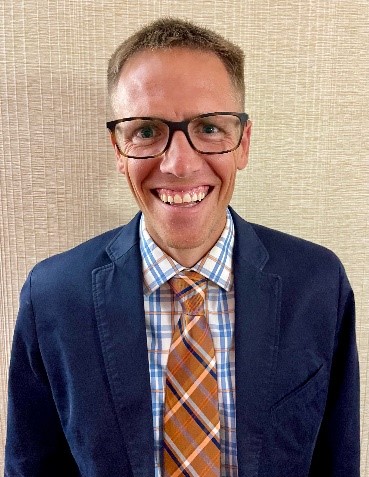
Michael McCarville
Trait Development Manager, BASF
Talk Title: The Economics of SCN-Resistance and Virulence: Where We Have Been and Where We are Headed
Michael McCarville is a nematologist whose researches the management of plant-parasitic nematodes in soybean cropping systems. He focuses on their economic consequences for farmers and options for sustainable management. This includes assessing plant resistance traits; their efficacy, durability, and value to the production system.
Michael is a trait development manager at BASF responsible for nematode resistance. He received his Ph.D. from Iowa State University.
